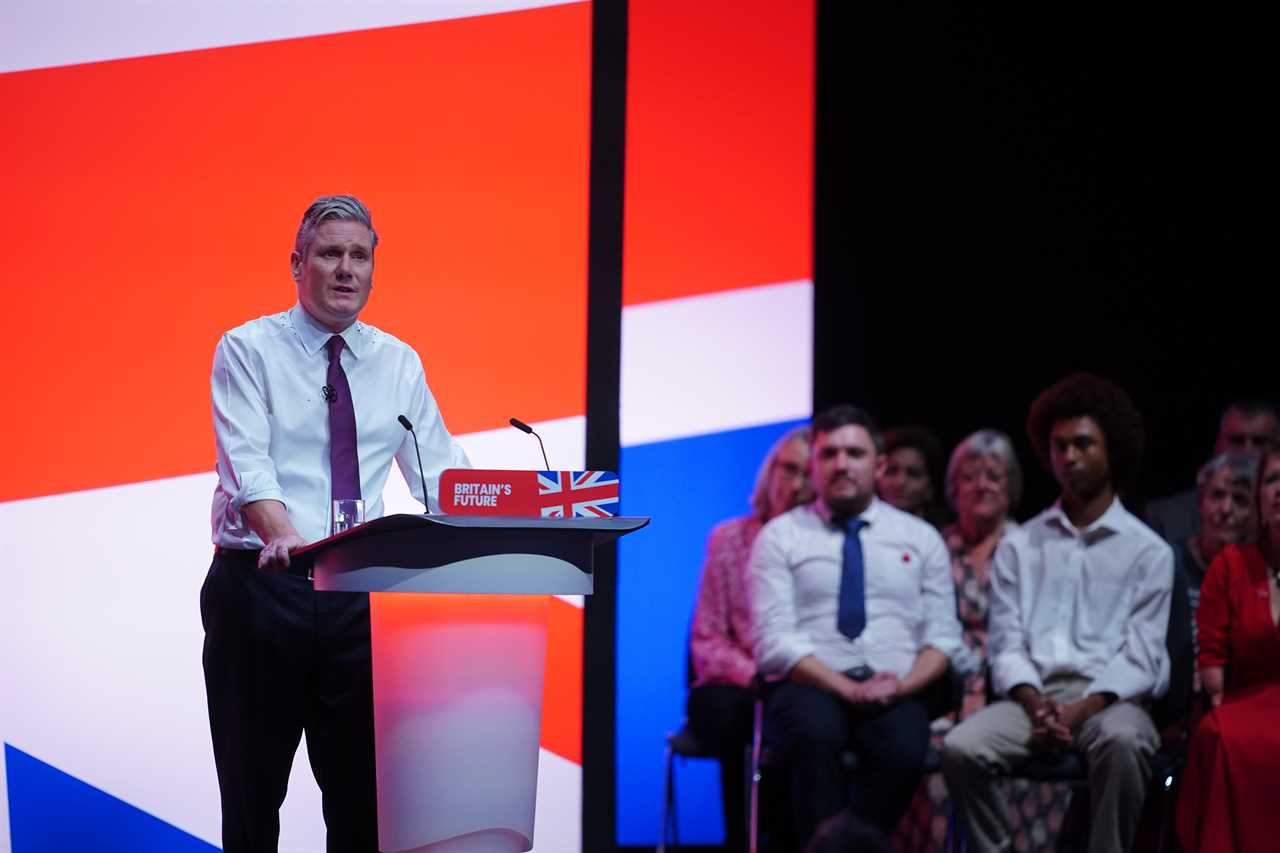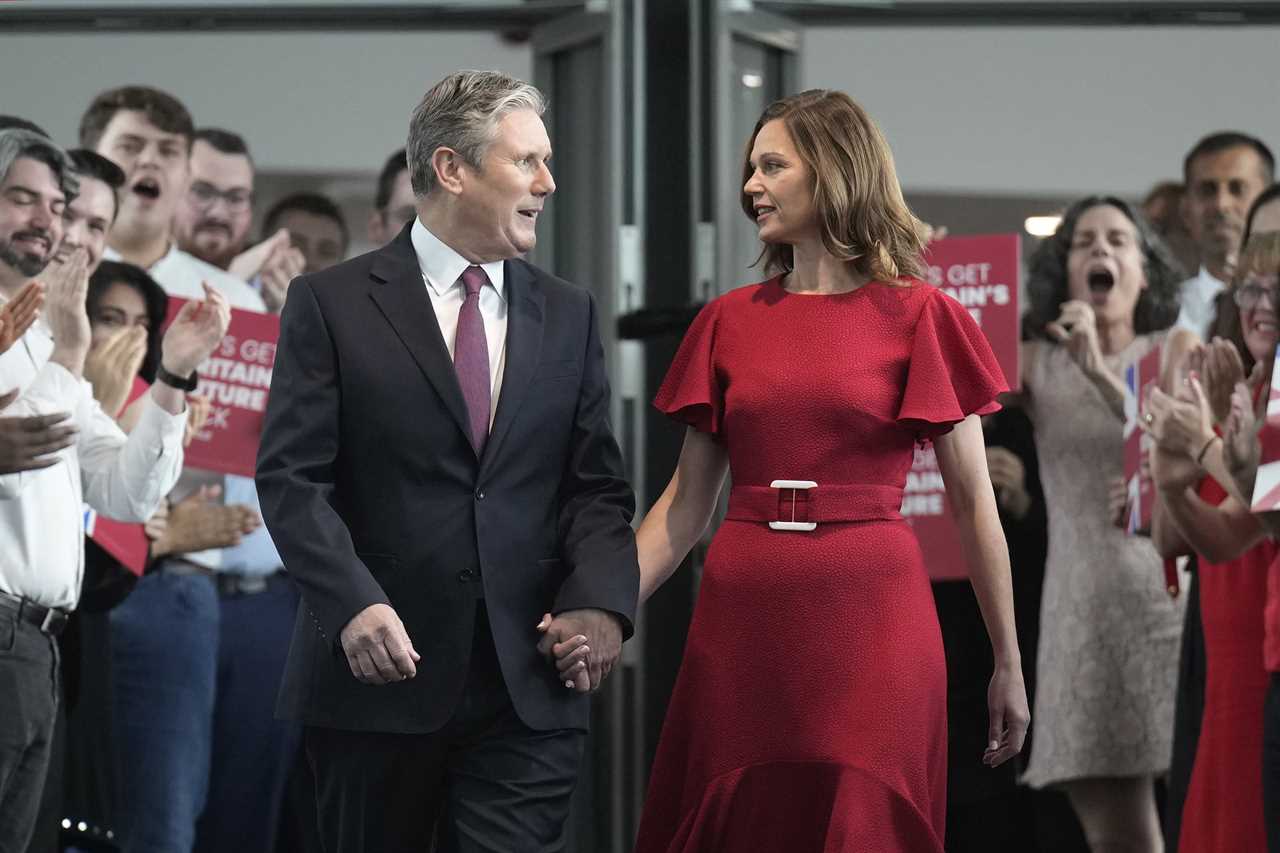
Introduction
Sir Keir Starmer, the leader of the Labour Party, made a bold move today to distance himself from the hard-left era of his predecessor, Jeremy Corbyn. In his keynote speech at the Labour Party Conference, Starmer led a standing ovation for Israel and condemned the actions of Hamas, a group that Corbyn once referred to as "friends". The opposition leader also faced a protestor at the beginning of his speech but remained unfazed. This article examines Starmer's attempts to break with the past and his plans for a new direction for the party.
A Break with the Past
At the start of his speech, Sir Keir Starmer was confronted by a protestor who threw glitter at him. The protestor, a member of the organization People Demand Democracy, represents the hard-left faction that Starmer is trying to distance himself from. Undeterred by the incident, Starmer removed his blazer and confidently stated that this is why the party has changed. He also emphasized his commitment to democratic Israel's right to defend itself against Hamas terrorists.
Building a New Generation of Towns
During his address, Sir Keir Starmer announced plans to construct new towns as part of his vision for a revitalized Britain. He warned that the failure to invest in the country's infrastructure would make homeownership a luxury instead of a privilege for many. Starmer expressed his belief that sometimes old Labour ideas are still relevant, particularly in the areas of job creation, infrastructure development, and affordable housing. He pledged to protect green spaces and fight for the environment, while also advocating for the construction of Georgian-style towns to address the housing crisis.
A New Era for Labour
Sir Keir Starmer declared that he will be the most successful Labour leader in history, aiming to surpass the electoral victories of 1945, 1964, and 1997. He urged voters to give him the opportunity to lead a "decade of national renewal" following the upcoming election. Starmer emphasized that the party has moved beyond gesture politics and protest, positioning itself as a party of service and prioritizing the interests of the country above party politics. He also criticized the Conservative Party's 13 years in power and promised to create a Britain that is strong, stable, and secure, where the future will be better for the next generation.

Conclusion
Sir Keir Starmer's conference address showcased his determination to break with the hard-left past of the Labour Party and chart a new course for the party's future. From his condemnation of Hamas to his plans for building new towns, Starmer presented a vision for a revitalized Britain. He called for a renewed sense of national purpose and promised a brighter future for the country's citizens. As the leader of the opposition, Starmer is hoping to unite the party and appeal to voters as he seeks to lead Labour to victory in the next election.






